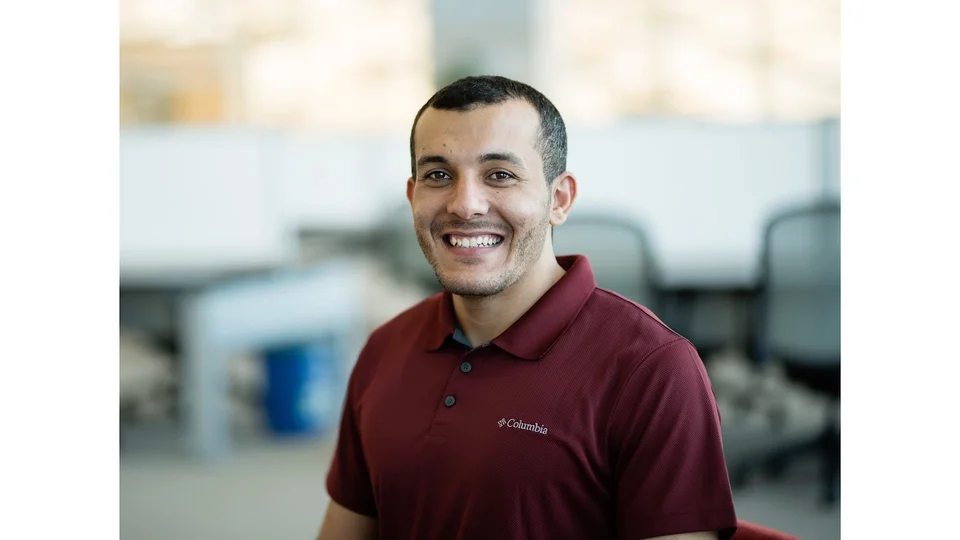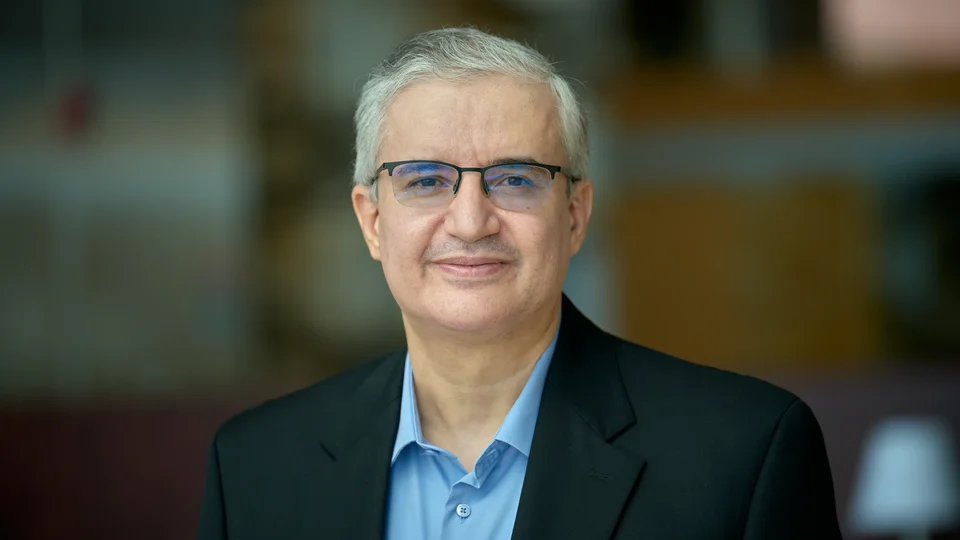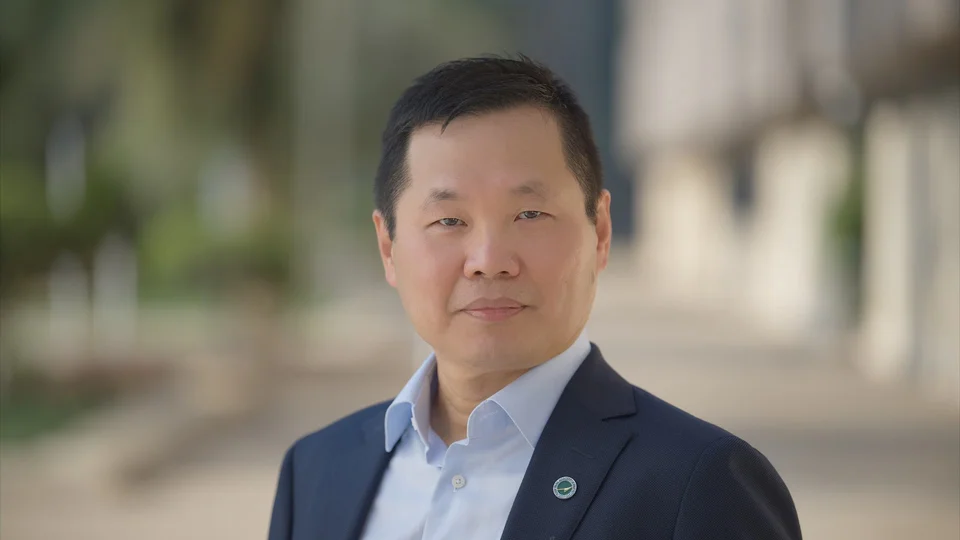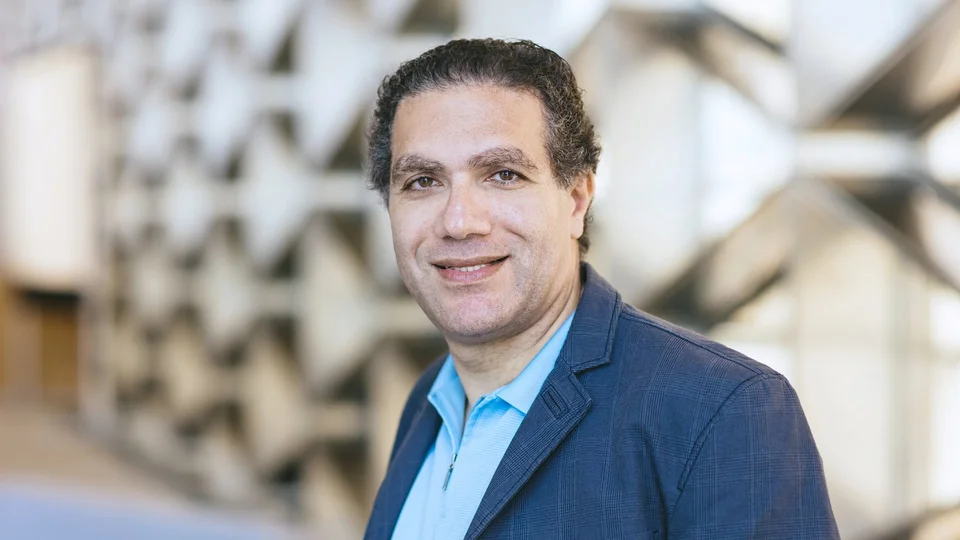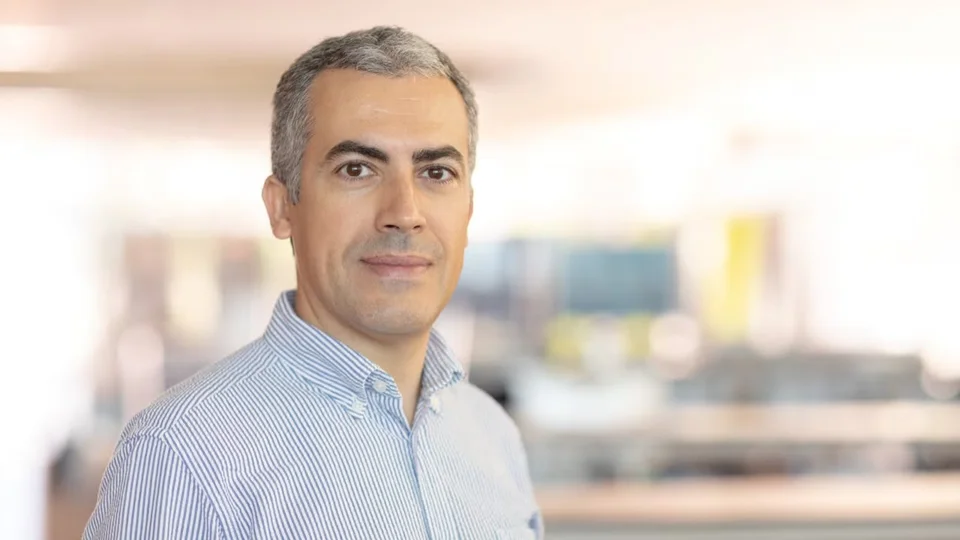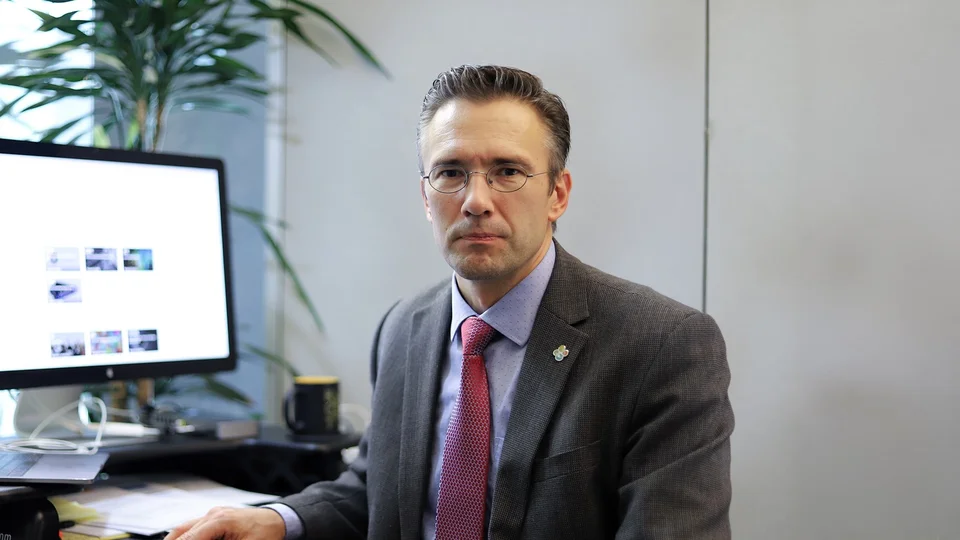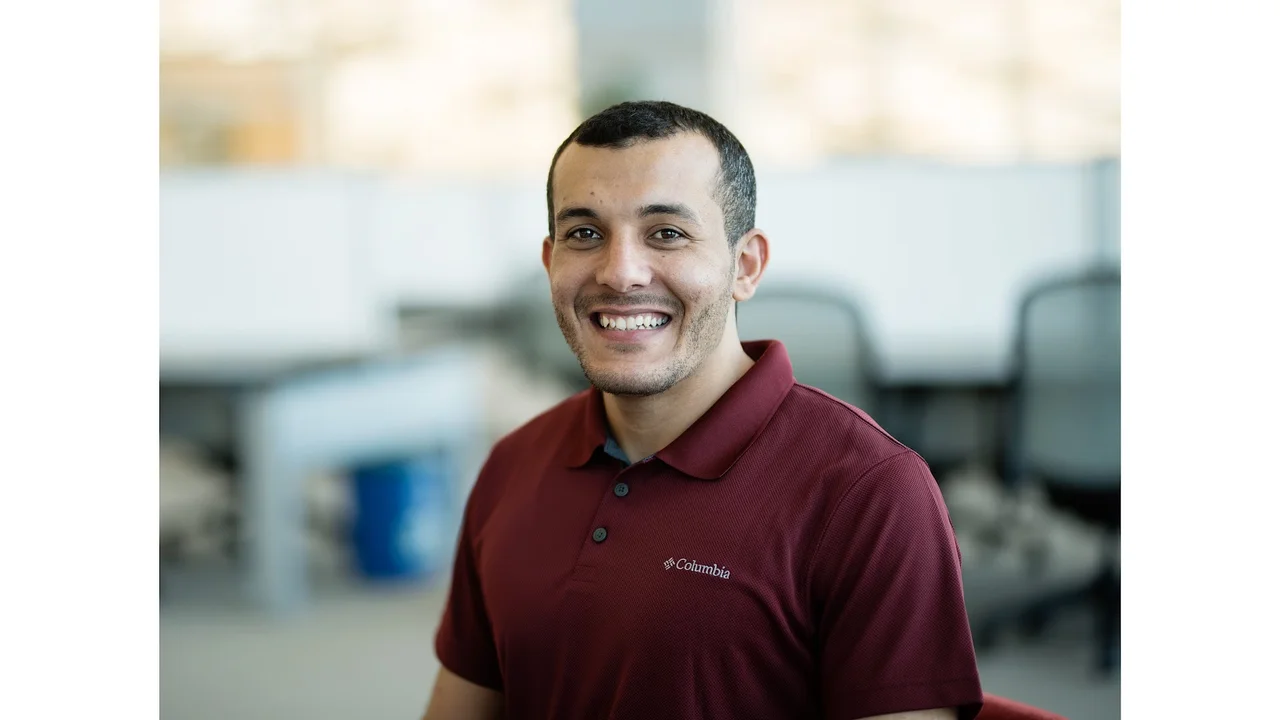
Dynamic early research career leads to distinguished Marie Skłodowska Curie Fellowship
KAUST postdoctoral fellow Abderrahmen Trichili recently became a Marie Skłodowska Curie Fellow after being accepted to a Marie Skłodowska Curie Postdoctoral Fellowship Programme in Photonics and Applications.
About
By David Murphy
KAUST postdoctoral fellow Abderrahmen Trichili recently became a Marie Skłodowska Curie Fellow after being accepted to a Marie Skłodowska Curie Postdoctoral Fellowship Programme in Photonics and Applications. The program, titled MULTIPLY, will enable the Tunisian researcher to pursue a research topic of his choice in premier photonics research institutes across the globe with the cumulative goal of becoming a prominent member of the next generation of photonics researchers and innovation leaders.
The program is a European Union COFUND initiative—coordinated by the Aston Institute of Photonic Technologies, Aston University, U.K.— which offers high-level interdisciplinary training for over 50 outstanding experienced international researchers in the areas of photonics science, technology, and applications.
Trichili successfully applied to an open call (Call 3) of the program in October 2018 and was accepted in early 2019, after a strict review process. As a member of Marie Curie Fellows Association (MCFA), the 30-year-old researcher will now receive training and mentorship towards his professional and academic development.
“I felt lucky and satisfied with the efforts I put into my fellowship proposal. Winning a competitive fellowship is not an everyday event. Being a Marie Curie Fellow is a prestigious honor to have in my early career CV. Getting one award also leads to another award and opens up many new opportunities,” Trichili said.
“I would like to thank Aigars Ekers – Assistant Dean in the CEMSE Division – who was a Marie Curie Fellow at some point, for his help, valuable pieces of advice, and for taking care of all the administrative agreements after I received the approval of the fellowship,” he added.
A desire to design novel solutions
Before joining KAUST in 2018, Trichili received his engineering degree in wireless networks and communication and a Ph.D. degree in information and communication technology from the Ecole supérieure des communications de Tunis in 2013 and 2017, respectively. His research drive—mooted as a potential solution to cope with future bandwidth issues in optical communication networks—stems from a drive to devise novel ideas and look beyond what is already known.
“My research is mooted as a potential solution to cope with future bandwidth issues in optical communication networks and avoid an imminent capacity crunch. Another expected practical outcome of my research on free-space optical communication is providing connectivity solutions in remote areas, such as deserts in the Kingdom of Saudi Arabia,” he explained.
“Spatial mode multiplexing is viewed as a versatile technique to increase the capacity of communication systems for the future 5G and 6G eras. Recent demonstrations have shown that the use of this technique could enable beyond 1 Pbit/s transmission capacity, a million times more information rate than 1Gb/s.”
Next year, Trichili will leave KAUST to join the University of Málaga (UMA), where he will work alongside Professor Javier Lopez-Martinez. “At UMA, I aim to develop my background on the mathematical modeling of laser beam propagation in free space and physical layer security. I am excited to work with Professor Lopez-Martinez, who has good experience in channel modeling, performance analysis, and physical layer security in wireless communication systems, including free-space optics.”
"Wherever smart people work, doors are unlocked"
The genesis of Trichili’s decision to join KAUST began with a chance interaction with a KAUST faculty member at a conference in the U.S. in 2015. This brief encounter would set the wheels in motion for the young researcher to join the University three years later.
“At the conference, the researcher in question told me how good the research environment is at KAUST, its world-class faculty members, as well as the finest facilities that could exist in an academic institution. From that moment, I set about joining KAUST. He probably does not remember our talk, but that fifteen-minute chat was a life-changing event for me,” he extolled.
“Being at KAUST has been very beneficial to me. Since I joined, I have learned a lot of new things, and I have led and contributed to high-impact publications, along with mentoring talented students. I have enjoyed the opportunity to collaborate with Professor Khaled Salama, Professor Carlo Liberale and their teams. In addition, having such supportive supervisors, Professor Mohamed-Slim Alouini and Professor Boon Ooi, who are willing to discuss any challenging idea with me, has been a unique privilege for me.
“What is also interesting and fun about my position is that I spend the first half of most of the working days in my office in building 1 working on theoretical modeling, and the second half in the lab conducting experiments at the photonics lab in building 3 with Professor Boon Ooi’s team. Finally, for me, KAUST can be described by the following quote (by Steve Wozniak): “Wherever smart people work, doors are unlocked.”
